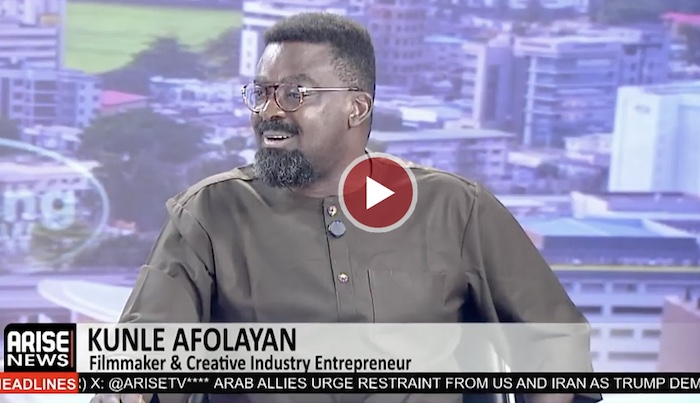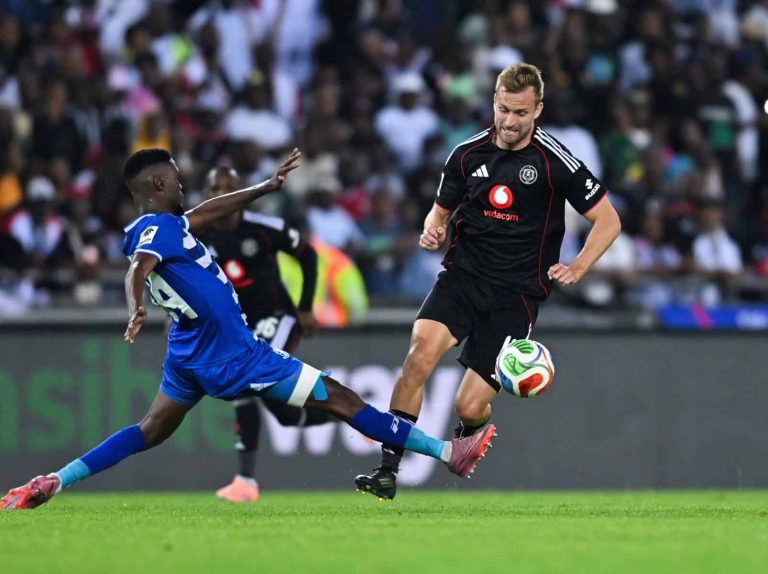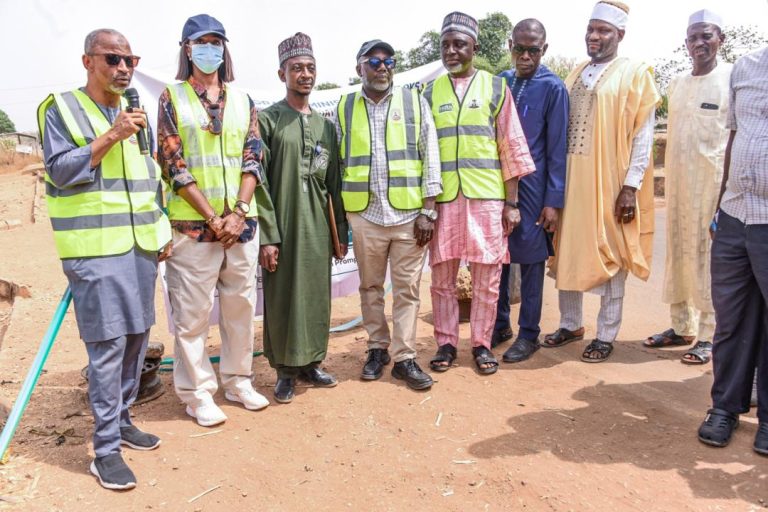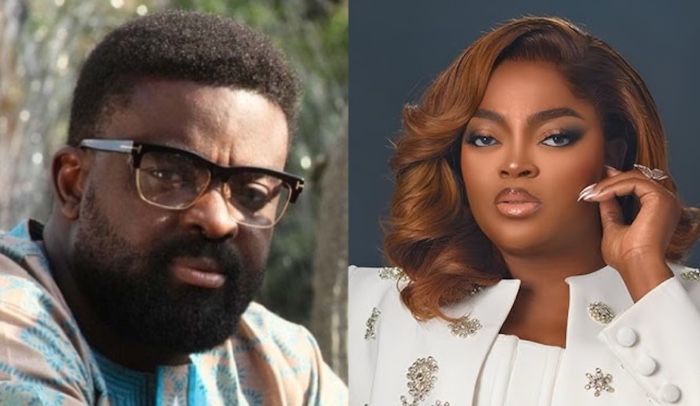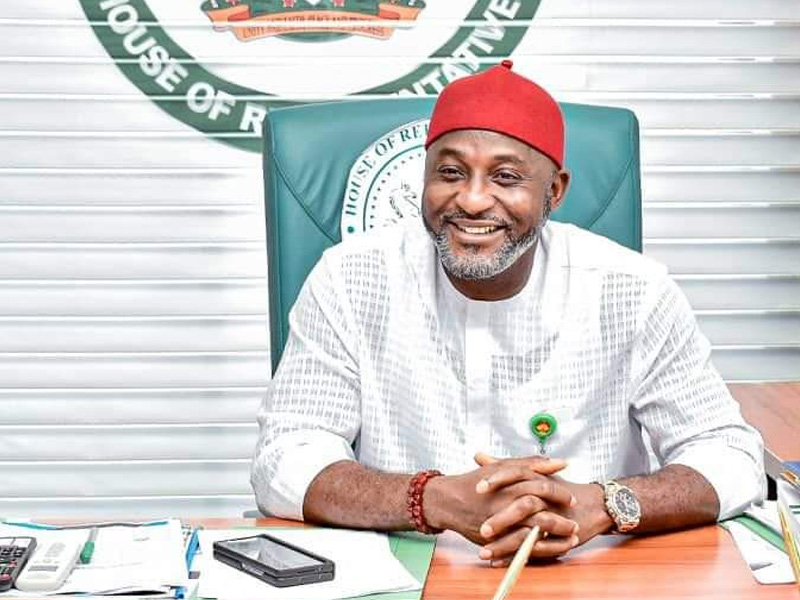
The House of Representatives has commenced investigation into over $1.8 billion and $2.8 billion grants received by Nigeria from the Global Fund and the United States Agency for International Development (USAID) between 2021 and 2025 for the fight against HIV/AIDS, Tuberculosis and Malaria.
Speaking at the inauguration of the committee on Monday in Abuja, Chairman of the House Committee on Infectious Diseases, Hon. Amobi Ogah, said the hearing became necessary to ascertain what had been done with the huge grants received, stressing that 90 per cent of the country’s intervention funds for these diseases came from international partners.
He stressed the probe was essential to determine how the huge grants had been utilised and to ensure accountability in the management of funds aimed at tackling infectious diseases ravaging Nigerians.
Ogah warned that Nigeria would no longer accept being a “mere spectator” in the management of grants given to it, insisting that donor funds must henceforth be managed in line with Nigeria’s priorities.
He stated: “Nigeria continues to be battered by the ill effects of a greater burden of HIV, Tuberculosis, Malaria and other numerous infectious diseases.
“It appears that while budgetary allocations and donor funds are mobilised for the response against these health challenges, there is no reprieve in sight as Nigerians are ravaged daily.
“Any grant or assistance being given to us without us managing such grant is unacceptable. If they would not give us such grants and assistance on our terms, then let them keep their grants.
“We must assert our capacity to take charge of our affairs, particularly in the response against HIV/AIDS, Tuberculosis and Malaria.”
“The era of spending Nigeria’s money without approval and accountability is over.”
Ogah also disclosed the House was amending the NACA Establishment Bill to transform the agency into a multi-sectoral body with an expanded mandate.
With the 8th replenishment of the Global Fund expected this month, the chairman noted that Nigeria must move away from dependency and inefficiency in managing donor resources.
“We must maximise and efficiently utilise the resources at our disposal by cutting out all forms of duplication and wastage, while allocating domestic resources to areas that will present greater value for Nigerians,” he said.
He revealed the committee would work closely with the EFCC and ICPC to ensure that principal recipients and implementing partners of all grants account to Nigerians.
“This is even more critical when you consider that some funding for terrorist activities has been traced to grants and donor funds,” Ogah added.
The Minister of Health and Social Welfare, Dr. Ali Pate described the probe as a welcome step toward transparency, accountability and domestic ownership of health programmes.
He called for a gradual end to Nigeria’s dependence on foreign aid in funding its response to HIV/AIDS, tuberculosis and malaria.
Pate said the country must take greater responsibility for financing its health priorities as donor funding declines after two decades of support.
He stressed that while donor assistance has saved millions of lives through HIV, TB and malaria interventions, Nigeria’s health spending remains below 15 per cent of the Abuja Declaration target, warning that underfunding threatens sustainability.
The Speaker of the House, Hon. Abbas Tajudeen, while declaring the event open, said the investigation reflected the parliament’s resolve to ensure transparency in health funding.
Adedayo Akinwale
